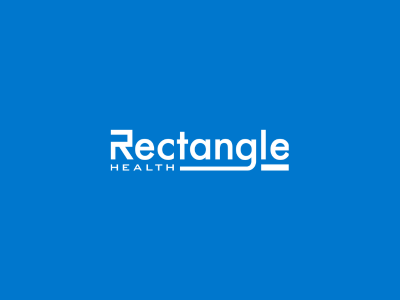While revenue cycle management (RCM) is a priority for all medical practices, it takes 70 days or more for some providers to collect revenue for a patient visit. If your revenue cycle is slow and inefficient, this is a signal that it’s time to invest in modern RCM software.
RCM Evolution
According to a 2022 Bain & Company and KLAS Research report, 95% of all providers expect to make software investments over the next year. However, providers are determined to invest wisely; the study found that they are looking for solutions to help them increase productivity while streamlining bloated tech stacks. It’s not surprising that RCM tops the list among software investment categories, given its ability to improve cash flow and reduce labor-intensive workflows.
RCM has evolved considerably in recent years. What began with providers collecting payments either at the time of service or afterward through paper statements and phone calls has shifted with the introduction of new technology. Through online portals, payments were more convenient. In more recent years, the RCM software space has exploded with new solutions that allow payments to be collected before service even occurs, via text, automatically with a card on file, and more.
Barriers to Efficient RCM
There are several barriers that prevent providers from effectively managing the revenue cycle.
- Manual processes: Inefficient, tedious processes require staff to manually enter data, call patients, mail paper statements, etc. The problem has been exacerbated by staffing shortages in recent years.
- Out-of-pocket costs: Insurance companies have shifted more costs to patients through high deductibles, copayments and coinsurances, making it difficult for patients to pay balances.
- Evolving patient expectations: Patients expect digital payment options in healthcare that reflect their everyday purchases.
- Decentralized RCM activities: A lack of centralized RCM activities, such as front and back office coordination, can hinder RCM.
Accelerating RCM
Modern technology can help you overcome RCM challenges by simplifying workflows and improving patient collections. RCM solutions address key points in the collections process, accelerating the overall cycle.
Optimizing Pre-care: Modern RCM software can optimize the pre-care process, eliminating points of friction for both patients and providers. Through online registration, pre-payment, and putting the patients’ preferred payment method on file, providers can streamline the payment process prior to the office visit.
Enhancing Point-of-care Payments: There will always be patients who prefer to pay in the office. Is your office aligned with the latest payment options? Offering a range of payment modalities at the point of care makes it faster and easier to collect payments from your entire patient audience. Remember, this is one of your best opportunities to collect on your patients’ balances.
Streamlining Balance Billing: There are multiple reasons why patients don’t pay their medical bills. Money is obviously a factor; research by KFF found that 67% of patients don’t pay due to a lack of funds. However, 68% said they expected their insurance companies to pay, while 44% thought they were being billed incorrectly. By modernizing billing through online payments, Text-to-Pay and Bulk Text-to-Pay for fast bulk SMS payments, pre-authorized healthcare forms, and more, providers can cut down on demanding, manual work.
Choosing the Right RCM Software
Choosing the right RCM technology is essential. At Rectangle Health, we understand the importance of providing efficient and effective healthcare services. Our platform, Practice Management Bridge®, provides everything you need to streamline RCM. Tools like Text-to-Pay, Card on File, and more, allow you to focus on what matters most: providing quality care to your patients.
For more information, download our new eBook, Rethinking Revenue Cycle Management: How Software Investments Can Accelerate Payments.
References
- Lopes, Lunna; Kearney, Audrey; Montero, Alex; Hamel, Liz; Brodie, Mollyann. (2022, June 16). Health Care Debt In The U.S.: The Broad Consequences Of Medical And Dental Bills. KFF. https://www.kff.org/report-section/kff-health-care-debt-survey-main-findings/



